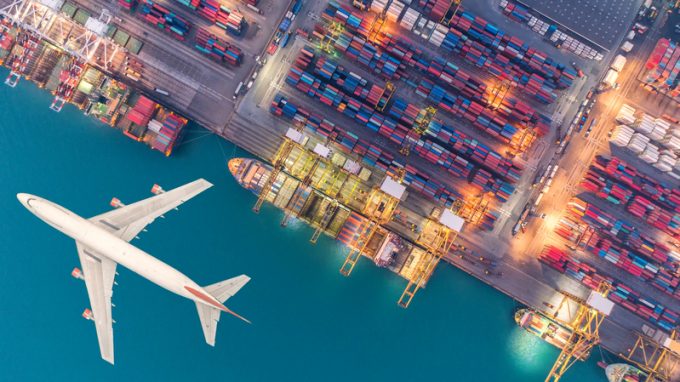Transpacific rates ease as capacity boost proves too much for trades to digest
Transpacific rates, specifically for US West Coast-bound cargo, are at last showing signs of correction ...

Shippers have a particular set of criteria which determines whether to use sea or air; and price is not the key driver usually assumed.
According to Niall van de Wouw, head of airfreight for Xeneta, the price ratio between sea and air is less crucial than ...

Comment on this article
Pichuiyer Balasubramanian
November 09, 2023 at 2:04 pmThis article almost nails an important point – why would anyone chose air which is more expensive and not that eco friendly? So, only if ocean messes things up, air gets a chance – not a positive stroke at all for air freight.
Matthew Gore
November 09, 2023 at 5:09 pmInterested in readers’ thoughts on combined air-sea services, e.g. Asia to Europe via Middle East – best of both worlds, worst of both worlds or something else?